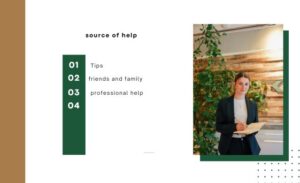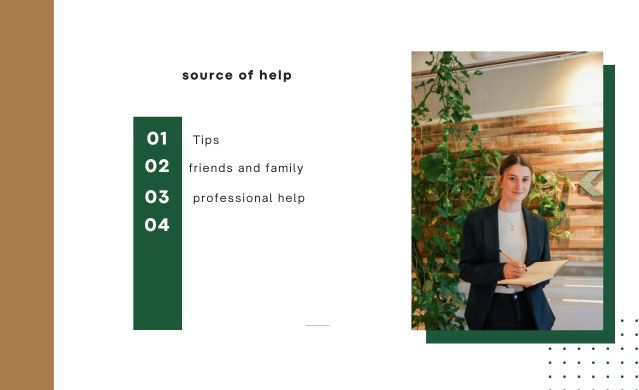Right source of help
 Moments of trouble
Moments of trouble
Life’s journey is a series of ups and downs, and inevitably, we all face moments of trouble. Whether it’s personal, professional, or emotional turmoil, knowing where to turn for help can make a significant difference in overcoming challenges. Here’s a guide to identifying the right sources of help during difficult times.
1. Family and Friends
Strengths:
- Emotional Support: Family and friends often provide a listening ear, empathy, and unconditional support.
- Accessibility: They are usually readily available and willing to help.
- Understanding: They have a personal connection and understand your background and circumstances.
Considerations:
- Bias: Their close relationship may lead to biased advice.
- Boundaries: Sharing too much might affect personal relationships and create additional stress.
2. Professional Help
a. Therapists and Counselors
Strengths:
- Expertise: Trained to deal with mental health issues and provide strategies for coping.
- Confidentiality: Professional boundaries ensure privacy.
- Objective: Offer unbiased advice based on clinical knowledge.
Considerations:
- Cost: Professional services can be expensive.
- Availability: Finding the right therapist can take time.
b. Financial Advisors
Strengths:
- Knowledge: Expert advice on managing money, debt, and investments.
- Planning: Help in creating a financial plan tailored to your situation.
Considerations:
- Cost: May charge fees for their services.
- Trust: Important to find a reputable advisor to avoid potential scams.
c. Legal Professionals
Strengths:
- Expertise: Knowledgeable in law and legal procedures.
- Protection: Help in understanding your rights and navigating legal challenges.
Considerations:
- Cost: Legal services can be costly.
- Complexity: Legal processes can be complicated and time-consuming.
3. Support Groups
Strengths:
- Shared Experiences: Connect with others who are facing similar challenges.
- Community: Provides a sense of belonging and reduces feelings of isolation.
- Peer Support: Offers practical advice and emotional support from those who understand.
Considerations:
- Confidentiality: Group settings may compromise privacy.
- Quality: The effectiveness of support groups can vary widely.
4. Online Resources
Strengths:
- Accessibility: Available 24/7 from anywhere with an internet connection.
- Variety: Wide range of resources, including forums, articles, and virtual counseling.
- Anonymity: Can seek help without revealing identity.
Considerations:
- Credibility: Not all online resources are reliable.
- Impersonal: Lack the personal touch of face-to-face interactions.
5. Self-Help Strategies
Strengths:
- Empowerment: Encourages taking control of your situation.
- Cost-Effective: Many resources are free or low-cost.
- Flexibility: Can be done on your own schedule.
Considerations:
- Limitations: May not be sufficient for severe issues.
- Commitment: Requires discipline and motivation.
Choosing the Right Source of Help
Selecting the right source of help depends on the nature of your trouble and your personal preferences. Here are some steps to guide you:
- Identify the Problem: Clearly define what you are struggling with—be it emotional, financial, legal, or otherwise.
- Evaluate Your Needs: Determine whether you need emotional support, expert advice, or practical assistance.
- Research Options: Look into the available resources and their credibility. Seek recommendations from trusted individuals or reviews.
- Consider Your Comfort Level: Choose a source of help that you feel comfortable and safe with.
- Take Action: Reach out and utilize the chosen resource. Don’t hesitate to seek help from multiple sources if needed.
Conclusion
In moments of trouble, the right source of help can provide the support and guidance necessary to navigate through challenges. Whether turning to loved ones, professionals, support groups, or self-help strategies, the key is to seek assistance that aligns with your needs and circumstances. Remember, seeking help is a sign of strength, not weakness, and taking that step can lead to growth, healing, and a better future.
Share this content:






















Post Comment